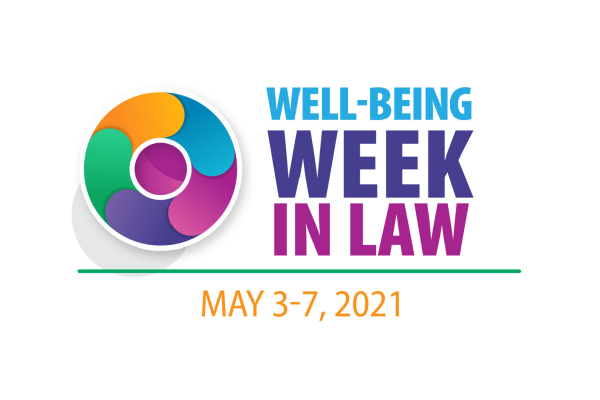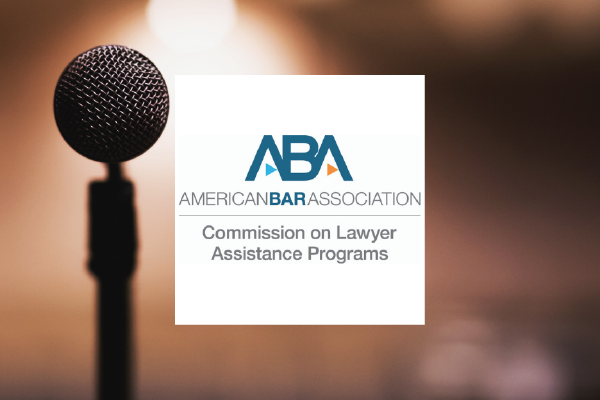A new study looks at high rates of mental illness and heavy alcohol use in the legal profession alongside the longstanding problem of attrition among women.
With alarming yet not entirely surprising findings published in PLOS-ONE, the groundbreaking study involved more than 3,300 randomly selected members of the California Lawyers Association and the DC Bar. The research was led by lawyer well-being expert Patrick Krill, who also led the 2016 study with ABA COLAP/Hazelden published in the Journal of Addiction Medicine, and is the first of several forthcoming papers resulting from a large research project studying mental health and well-being in the legal profession. The study reported only on men and women, without any mention of nonbinary participants.
Key findings were shared in a press release from the CLA and DC Bar:
Roughly half of practicing attorneys are experiencing symptoms of depression and anxiety, with approximately 30% of those falling in the mild range and nearly 20% falling in the moderate-severe range.
Over half of the attorneys screened positive for risky drinking, and 30% screened for high-risk hazardous drinking (which is interpreted as alcohol abuse or possible dependence).
Women are experiencing meaningfully worse mental health than men and are drinking more hazardously.
Considering the higher rates of mental health distress experienced by female attorneys, an expected but nonetheless troubling result is that 1 in 4 women is contemplating leaving the legal profession due to mental health problems, burnout, or stress. 17% of male attorneys report the same thoughts.
Also as shared in the press release:
CLA’s CEO and Executive Director Ona Alston Dosunmu emphasized the importance of this research for the organization and its members. “We at CLA are so grateful to have this rigorous, data-based analysis to back up what we have all known intuitively. This study will enable us to develop targeted, effective programs to enhance the well-being of our members—particularly women.”
The results of this study highlight the importance of addressing the structural, cultural, and organizational infrastructures responsible for this mental health gender disparity and are an important step towards achieving the profession’s longstanding goals around improving mental health and the retention of female attorneys.
READ THE FULL ARTICLE ON PLOS-ONE.
Related:
ABA Study: Disabled, LGBTQ+ Lawyers Face Discrimination (ABA, 2020)
Free & Confidential Consultations:
Lawyers, law students, and judges in Massachusetts can discuss concerns with a licensed therapist, law practice advisor, or both. Find more on scheduling here.




